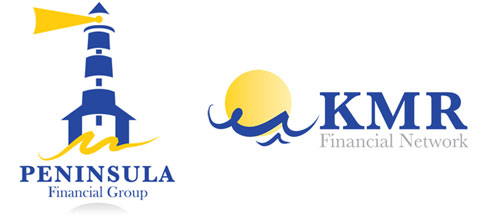Taxes and Your Home Based Business
One of the advantages of running your own business from your home is that you get to be yourself all of the time. But, it is important that you don’t lose sight of the fact that you are also a business. That fact is not lost on the IRS who takes a special interest in home-based businesses and their profits and losses. You’re in business to make a profit, and the IRS wants its share. If you generate too many losses, the IRS will question your legitimacy as a business.
Here’s your home-based business guide for staying on the right side of the IRS:
Give Your Business Some Space
Mixing your business and home life can prove to be very taxing if the IRS disallows your business deductions because they don’t “see” an actual business. Operating your business out of your kitchen or a corner of your bedroom may be convenient, but, if your business documents are mixed in with your personal stuff, the IRS is likely to view them as personal. If your business supplies and resources are also used in your personal life, their cost may not qualify as a business expense.
The solution is fairly easy. Just keep your personal life separated from your business life. Create a separate work space dedicated to the operation of your business. When your business really gets going you’ll appreciate the organization and efficiency of a separate work space.
Give Your Business a Financial Identity
You need to build a wall between your business finances and your personal finances. Doing so will satisfy the IRS and give your business legitimacy. Here’ are some essential steps to follow:
- Get federal tax ID or a DBA: You will need these in order to open a checking account for your business and to file a business tax return.
- Open a business checking account: Easy to do with a federal tax ID. Be sure to get a check or debit card with the account.
- Get a business credit card: It’s recommended that you pay your business expenses by credit or debit card for more efficient record keeping. If you are unable to obtain a credit card for your business (difficult to do for new businesses), then dedicate one personal card to your business expense.
- Separate your book keeping: Above all else, you need to maintain completely separate records between your personal and business finances. Separate check books, credit or debit cards and workspace will make this much easier to do.
Every Day is a Tax Day
Because tax deductions play a large role in your business profit-loss, it pays to be conscious of the activities and events that trigger them. Additionally, if you are not organized, with separate record keeping and a system for tracking business expenses, you are likely to miss out on many tax deductions that could help you with your bottom line.
- Organize for taxes: Use you newly organized work space to keep all of your business documents, receipts, billing statements, invoices and correspondence separately filed, by day and by month. By taking five minutes each day to maintain your files and records you will save hours at tax time.
- Follow the Schedule C form: One way to organize your record keeping and filing system is to use the Schedule C tax form for businesses as a guide. All of the business expense categories are listed on it, so if your system follows the form, it will be much easier to compile the information you need to complete the form.
*This content is developed from sources believed to be providing accurate information. The information in this material is not intended as tax or legal advice. It may not be used for the purpose of avoiding any federal tax penalties. Please consult legal or tax professionals for specific information regarding your individual situation. This material was developed and produced by Advisor Websites to provide information on a topic that may be of interest. The opinions expressed and material provided are for general information, and should not be considered a solicitation for the purchase or sale of any security. Copyright 2014 Advisor Websites.

